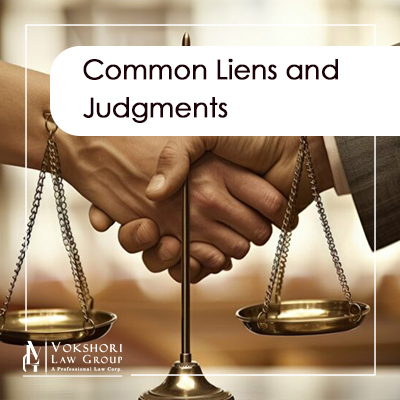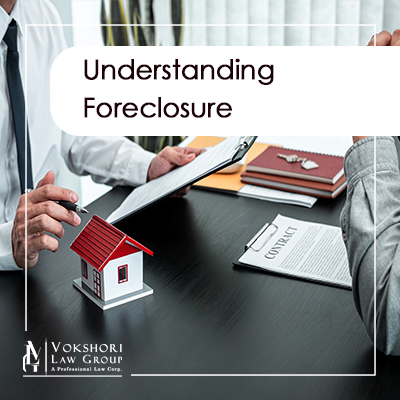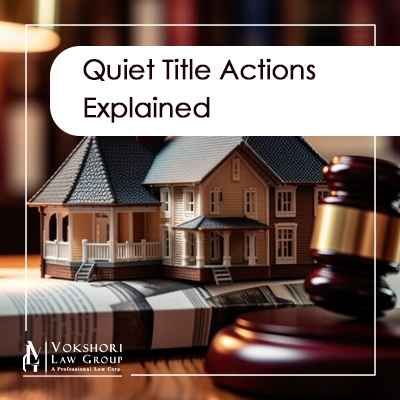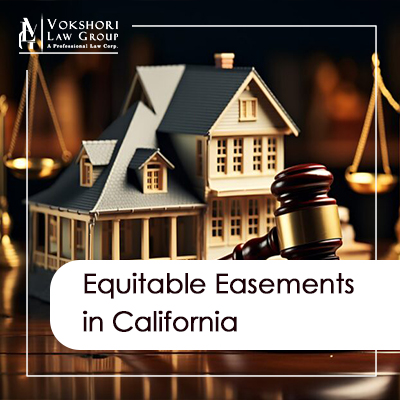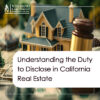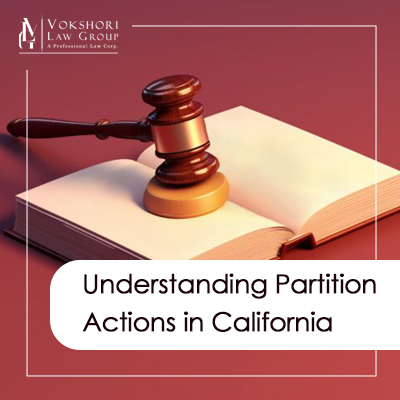
In California, partition actions are a common legal remedy for co-owners who want to end their shared ownership of a property. This process can lead to either the sale of the property and division of the proceeds, or the physical division of the property into separate parcels.
This article will guide you through what a partition action entails, especially focusing on how co-owners can manage improvements and repairs to the property. We’ll delve into the rights and responsibilities of co-tenants, how to claim reimbursement for property enhancements, and the intricacies of handling these situations in court.
The Partition Action
In California, a partition action is a civil procedure used by a co-owner to end joint ownership of a property. This can result in either the sale of the property and …
Posted In:

